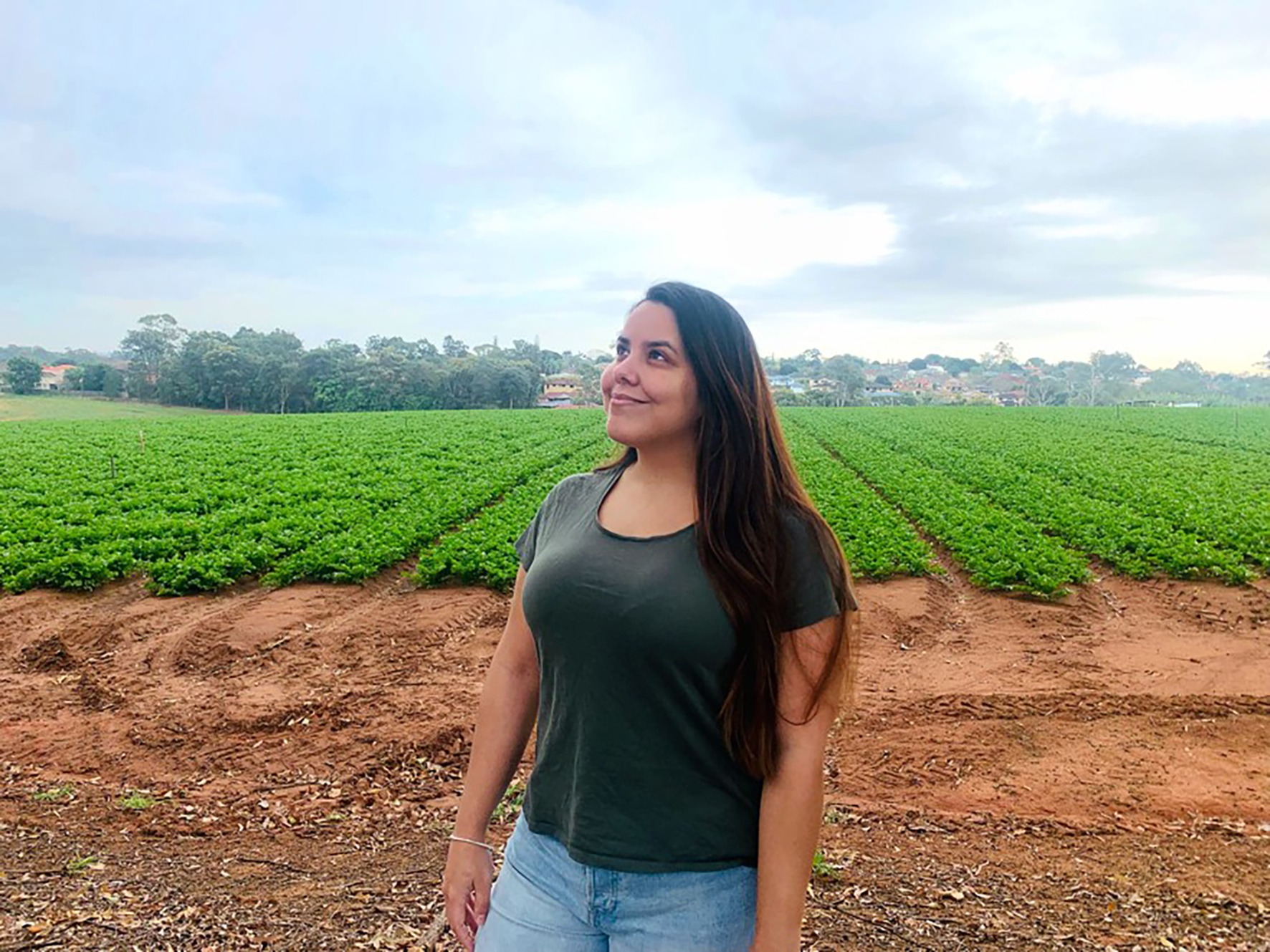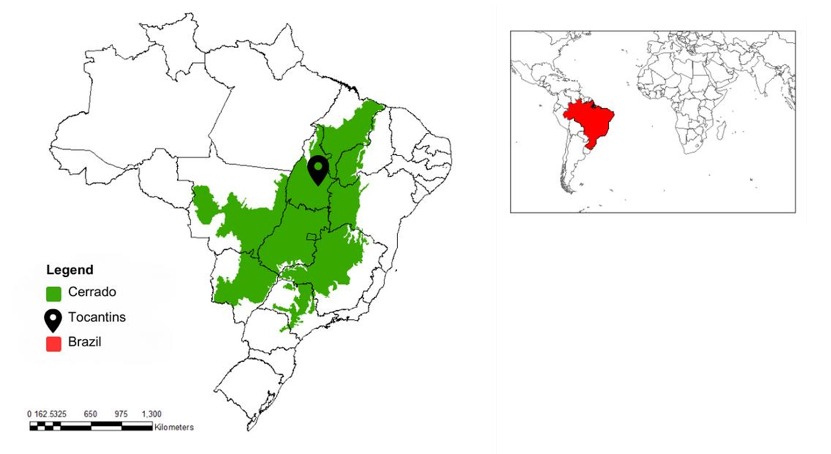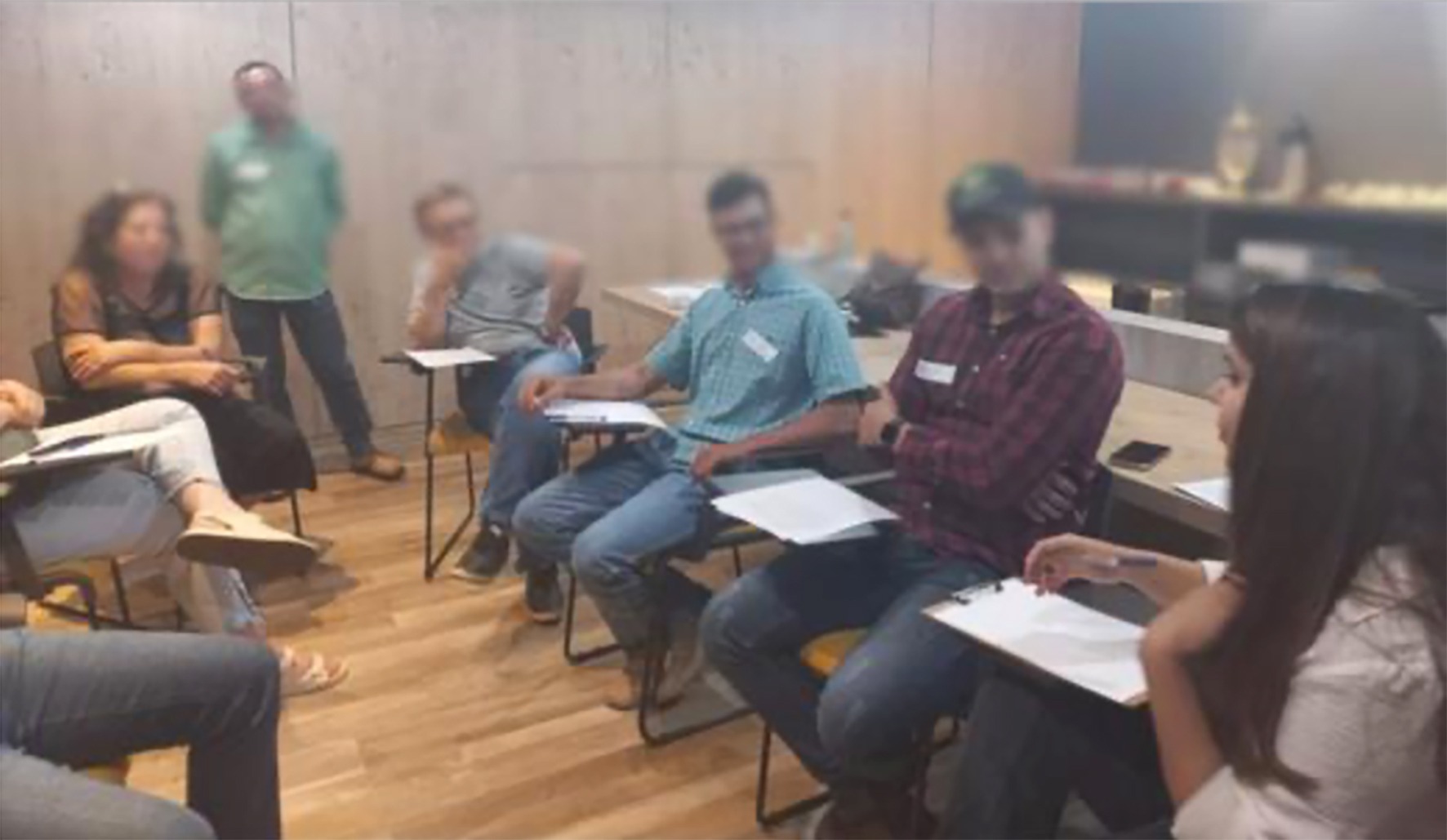

The power of communication to drive sustainable agricultural practices
December 28, 2023

One way the Crawford Fund supports and encourages the next generation of Australians in study, careers and volunteering in international agricultural research is through our highly sought after Student Awards, funded by our State and Territory Committees and made possible by organisations including ACIAR, international centres, Australian and overseas universities and NGOs.
Please note applications for our 2024 Student Awards are now open!
In 2021, we announced 10 tertiary students had won awards to gain international agricultural research experience and expertise. The global pandemic caused considerable delays for this cohort, with some opting for ‘wraparound’ strategies to ensure the work was carried out without the planned travel, while others have since successfully travelled.
We would like to share the experience of Rafaela Barbosa de Andrade Aragão, a PhD student at Griffith University, who received her Student Award and travelled to Brazil for a project assessing “Communication strategies on sustainable agriculture: The case of soy farmers in the Brazilian Cerrado.” Rafaela’s project was also supported by the University of Arizona.
“The Crawford Fund Student Award allowed me to conduct a focus group with Brazilian soy farmers in the Tocantins state. The Cerrado biome, where Tocantins is located, is a critical hotspot for biodiversity, but it has been rapidly disappearing due to soy expansion. I focused on the state of Tocantins because it has one of the highest rates of soy deforestation in Brazil,” said Rafael.

“The primary focus of my PhD research centres around understanding the viewpoints of farmers in this complex landscape. With the support of this Award, I was able to delve deeper into a critical aspect of conservation interventions: communication. Effective communication is paramount, as any policy or regulation aiming to combat deforestation relies on farmers embracing sustainable practices. The project’s objective is to develop communication strategies tailored to farmers’ needs, ultimately promoting sustainable food production,” she explained.
According to Rafaela, the global pressure to reduce deforestation has intensified over the years, particularly in tropical forests. However, in the Brazilian Cerrado, the most biodiverse savanna in the world, land conversion is occurring at alarming rates. Most of the land conversion in the Cerrado occurs due to soy cultivation and cattle ranching, and much of it is taking place within legal regulatory limits. To curb soy-driven deforestation in Brazil, it is crucial to improve communication on sustainable agriculture with soy farmers, as they play a pivotal role in these land use decisions.

“I conducted a focus group with seven soy farmers from Palmas, the Tocantins’ capital, to understand their perspectives on three potential scenarios aimed at curbing soy-driven deforestation,” she said.
“The farmers expressed keenness to adopt sustainable practices aligned with their goals of increasing yields and preserving the environment. However, they expressed concerns about biased information, underscoring the importance of relying on trustworthy sources with scientific evidence for effective communication,” she said.
“Farmers often encounter challenges in navigating complex and ambiguous regulations, necessitating guidance from agronomists or environmental professionals. Identifying trusted stakeholders and preferred modes of communication is a crucial step in communicating sustainable agriculture,” she said.
“For example, in Brazil farmers heavily rely on WhatsApp for communication related to their land-use decision. Policymakers worldwide must understand the most effective communication modes to interact with local farmers. Disseminating sustainability information through channels that farmers rarely access would render conservation efforts ineffective,” she said.
“To ensure successful conservation implementation, it is vital to make farmers feel valued and involved in finding solutions. Enforcing regulations from sources they distrust, without considering farmers’ beliefs and perspectives, may lead to resistance and negative reactions,” she said.
“The research offers valuable insights for Queensland’s environmental management, including lessons on regional specificities, fostering collaboration among farmers, preferred communication modes, and the significance of trusted stakeholders,” she said.
Between 2019 and 2023, alarming deforestation alerts in Queensland surpassed one million, spanning an area of 13.1 thousand hectares. A significant portion, approximately 85%, of this clearing during 2019-2020 was aimed at creating new pasture areas. Consequently, effective communication of sustainable practices with farmers is relevant to Queensland’s environmental preservation and land management efforts.
“The research findings can inform policymakers, the scientific community, and the agricultural industry on communication strategies to promote sustainable agricultural practices. The project website (https://www.comunicagro.com.br/) disseminates the finding of this research,” she said.
“I am currently in contact with Brazilian agriculture magazines and associations to disseminate the research findings further and an academic publication on the findings of the focus group is in progress and will encompass a partnership with researchers from Griffith University, the University of Queensland, the University of Arizona, and the Stockholm Environment Institute,” she added.
“On a personal level, this experience has been highly impactful for my career in the agriculture sector. Interacting with farmers directly and learning from their experiences has enriched my understanding of environmental management. I believe this field knowledge will be instrumental in securing a job in the industry or government after completing my PhD, allowing me to make meaningful contributions to sustainable agriculture practices,” concluded Rafaela.




